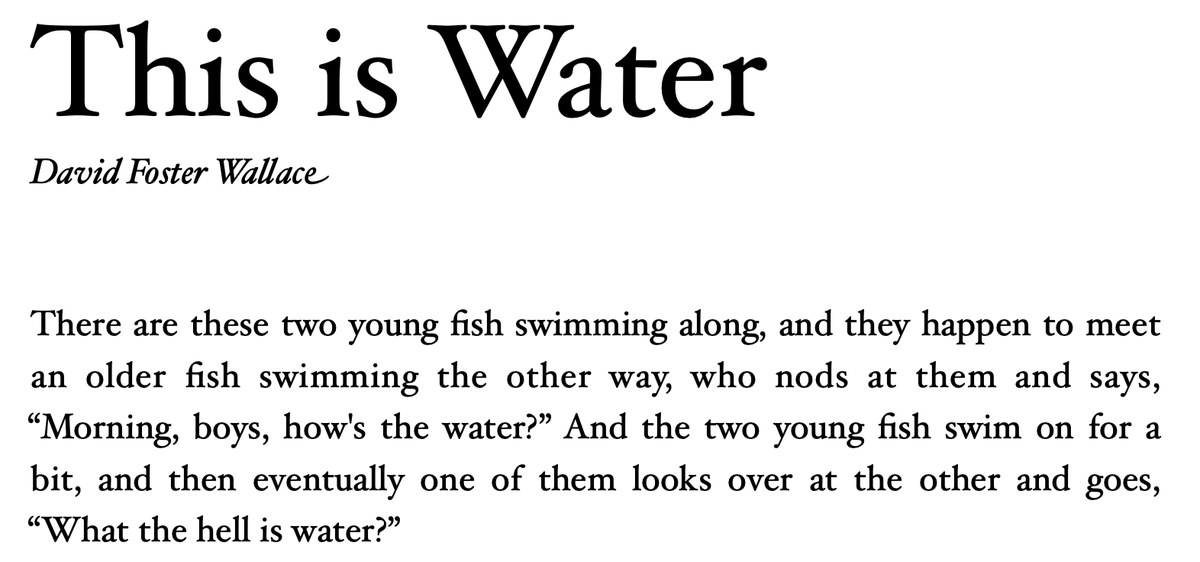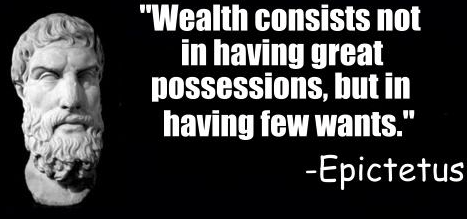
Humans have a tendency to believe things that aren't true.
Especially upon repeated exposure.
It's called the "Illusory Truth Effect"
A thread on why it happens –– and how you can overcome it: 🧵
Especially upon repeated exposure.
It's called the "Illusory Truth Effect"
A thread on why it happens –– and how you can overcome it: 🧵

First, some background...
In 1977, researchers from Villanova and Temple were the first to coin the term.
Over a five-week period, separated into 3 sessions, participants were given a list of 60 statements.
Their task?
Determine what was true & what was false.
In 1977, researchers from Villanova and Temple were the first to coin the term.
Over a five-week period, separated into 3 sessions, participants were given a list of 60 statements.
Their task?
Determine what was true & what was false.
In each session, 40 statements were unique, while the remaining 20 were repeated from the previous rounds.
Over the course of the three meetings, researchers noticed an interesting trend...
Over the course of the three meetings, researchers noticed an interesting trend...
Participants' belief in the validity of the 40 unique questions remained relatively static.
However, when it came to the 20 repeated questions, things changed.
Plausibility rankings increased with each subsequent round.
But why?
However, when it came to the 20 repeated questions, things changed.
Plausibility rankings increased with each subsequent round.
But why?
Let's think about how we assess truth.
In general, humans determine info to be true based on 1 of 2 factors:
• Does this statement align with my previously held belief or understanding? (Rationale)
OR
• Have I come in contact with this information before?
(Familiarity)
In general, humans determine info to be true based on 1 of 2 factors:
• Does this statement align with my previously held belief or understanding? (Rationale)
OR
• Have I come in contact with this information before?
(Familiarity)
What researchers determined may surprise you.
Familiarity > Rationale when it comes to determining truth.
The more times you're exposed to data –regardless of its validity– the more likely you are to believe it.
What's even more interesting?
Familiarity > Rationale when it comes to determining truth.
The more times you're exposed to data –regardless of its validity– the more likely you are to believe it.
What's even more interesting?
It doesn't matter what you believed before.
Researchers found that even in instances where people initially believed the information to be false –– repeated exposure caused them to change their mind.
Now that we understand the problem, how do we solve it?
Researchers found that even in instances where people initially believed the information to be false –– repeated exposure caused them to change their mind.
Now that we understand the problem, how do we solve it?
First: Avoiding the "Illusory Truth Effect" is hard.
Most of the time we're not even aware it's happening.
This is especially true when information is outside our circle of competence.
Thus, in order to overcome it, we must be proactive.
Time to train our brains...
Most of the time we're not even aware it's happening.
This is especially true when information is outside our circle of competence.
Thus, in order to overcome it, we must be proactive.
Time to train our brains...
You've got to start thinking critically.
Although it might seem like an obvious answer, "Critical Thinking" is a skill that takes practice and effort to do well.
We're going to break it down into 4 components to make it easier.
Although it might seem like an obvious answer, "Critical Thinking" is a skill that takes practice and effort to do well.
We're going to break it down into 4 components to make it easier.
#1 Truth
Remember, the goal here is to determine what is true, but let's invert the question.
When given new information ask:
•What sounds false?
•What sounds incomplete?
•What sounds slanted based on an opinion?
"Everyone says so" ≠ Truth
Remember, the goal here is to determine what is true, but let's invert the question.
When given new information ask:
•What sounds false?
•What sounds incomplete?
•What sounds slanted based on an opinion?
"Everyone says so" ≠ Truth
#2 Source
We must take time to pause and consider the source of information.
•Are they credible?
•What do they have to gain?
•Considered a subject matter expert?
•Have they been historically accurate?
The source matters.
We must take time to pause and consider the source of information.
•Are they credible?
•What do they have to gain?
•Considered a subject matter expert?
•Have they been historically accurate?
The source matters.
#3 Assumptions
Central to critical thinking is the consideration of assumptions.
Why?
Assumptions are generally believed to be implied and are often not stated outright.
In fact, without critical thinking, we may not even be aware that they exist.
Cont. 👇🏻
Central to critical thinking is the consideration of assumptions.
Why?
Assumptions are generally believed to be implied and are often not stated outright.
In fact, without critical thinking, we may not even be aware that they exist.
Cont. 👇🏻
Often viewed as familiar or obvious, assumptions tend to make people more comfortable with their current line of thinking.
Comfort leads to complacency.
When we become complacent, we become unable to objectively consider alternatives.
Ask: What am I assuming?
Comfort leads to complacency.
When we become complacent, we become unable to objectively consider alternatives.
Ask: What am I assuming?
#4 Alternatives
The ability to consider alternative schools of thought is a forcing function for determining the truth.
As the saying goes, "before you judge a man, walk a mile in his shoes."
This idiom can also be applied to our judgment of truth.
Cont. 👇🏻
The ability to consider alternative schools of thought is a forcing function for determining the truth.
As the saying goes, "before you judge a man, walk a mile in his shoes."
This idiom can also be applied to our judgment of truth.
Cont. 👇🏻
Consider the thought process, experiences, and point of view of the information source.
Unlock the ability to "see through someone else's eyes."
Considering alternatives often leads to the truth being different than what you originally expected.
Unlock the ability to "see through someone else's eyes."
Considering alternatives often leads to the truth being different than what you originally expected.
Last...
While researching this thread, I came across two quotes I'd like to share in closing:
"Rather than love, than money, than fame, give me truth."
- Henry David Thoreau.
While researching this thread, I came across two quotes I'd like to share in closing:
"Rather than love, than money, than fame, give me truth."
- Henry David Thoreau.
Isa Blagden
(East Indian Poet born in the 1800's)
"If a lie is only printed often enough, it becomes a quasi-truth, & if such a truth is repeated often enough, it becomes an article of belief, a dogma, and men will die for it."
(East Indian Poet born in the 1800's)
"If a lie is only printed often enough, it becomes a quasi-truth, & if such a truth is repeated often enough, it becomes an article of belief, a dogma, and men will die for it."
Thank's for reading!
If you found this helpful:
Follow me @blakeaburge for weekly threads on business, productivity, & building a better you.
Check out my newsletter:
"While You Were Away"
The best content on Twitter – in your inbox – every Sunday.
getrevue.co/profile/blakea…
If you found this helpful:
Follow me @blakeaburge for weekly threads on business, productivity, & building a better you.
Check out my newsletter:
"While You Were Away"
The best content on Twitter – in your inbox – every Sunday.
getrevue.co/profile/blakea…
• • •
Missing some Tweet in this thread? You can try to
force a refresh









